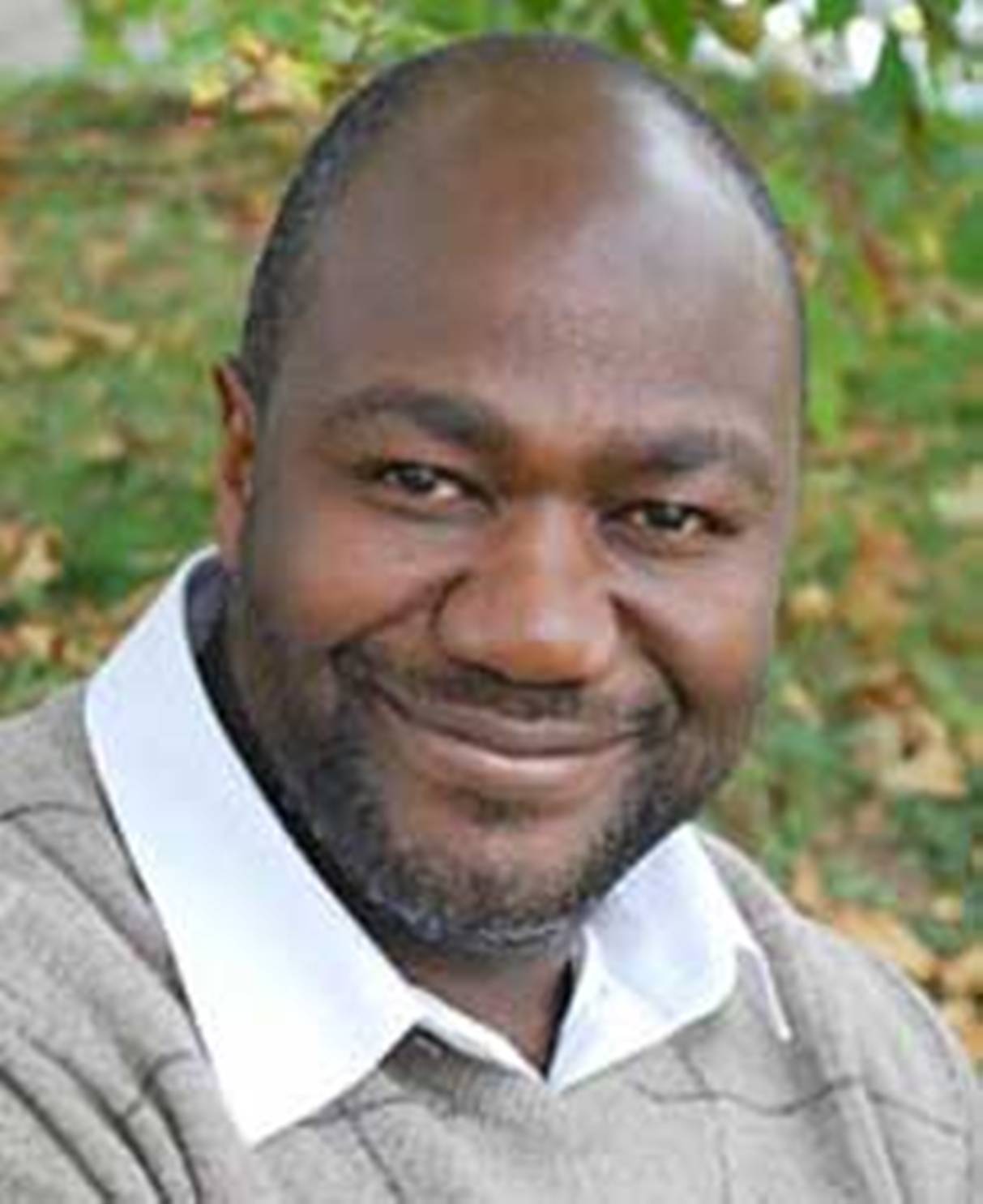The Director Centre for Climate Change and Development Alex Ekwueme Federal University, Prof. Chukwumerije Okereke has expressed dismay over the negligence of the local people in intervention efforts on climate change adaptation and mitigation in Nigeria.
Prof. Okereke stated this during the final stakeholders’ workshop organized to share the key findings of the project on understanding the effectiveness of Local Communities in taking necessary action through locally-led adaptation (LLA) which started in 2022 with sponsorship from Africa Policy Research Institute (APRI) Berlin, Germany in close collaboration with the Centre for Climate Change and Development (CCCD) AE-FUNAI and the Department of Climate Change (DCC) Federal Ministry of Environment, Nigeria, held at Chida International Events Centre, Utako, Abuja on Tuesday, 8th August, 2023.
Prof Chukwumerije Okereke, lamented over what he described as “over-concentration” of intervention efforts at the national and sub-national levels at the negligence of the local people who are sometimes the most vulnerable. He pointed out that the often-neglected local people possess potentials such as intelligence and resourcefulness in innovating ways of adapting to climate change. These potentials, he said, must not be overlooked by policy maakers.
Prof. Okereke cautioned against Mal-Adaptation which causes more problems in the bid to introduce adaptation strategies.
According to him, adaptation strategies should be context-specific and context-sensitive if they must effectively address existing problems.
He encouraged capacity building of human resources through training and re-training so as to achieve country and community ownership for sustenance of project results and recommended practices.
Speaking on the project context, Dr Grace Mbungu, Head of Climate Change Program, APRI-Berlin, noted that much work had been undertaken by individuals on climate adaptation with several climate change adaptation and mitigation plans and frameworks in Nigeria, yet the status of available adaptation practices is not clear in the policy documents, thus no clear assessment of implementation gaps and locally led processes.
Dr. Mbungu further advocated for Nigeria’s adoption of a bottom-top approach during decision-making process by involvement of vulnerable communities and stakeholders in order to harness their ideas, local knowledge and practices.
Through this strategy, she said that Nigeria can mainstream locally-led adaptation (LLA) in her adaptation plans which would ensure effective, efficient and equitable adaptation action implementation
In her opening remarks, the Director, DCC, Dr Iniobong Abiola-Awe, who represented the permanent secretary, Federal Ministry of Environment, expressed happiness on the high turn out to the workshop amidst the short notice.
She reiterated the impacts of climate change as experienced by everyone today in all aspects of life hence the need to assess the adaptation strategies adopted by communities to mitigate the impacts of climate change.
Dr Eloka Okeke, senior research fellow, APRI-Berlin, while presenting the report of the project, made a summary presentation of findings from the project.
Dr. Okeke explained that the project focused on the experiences of the three case study communities, their adaptive strategies, best practices and pathways, gaps and challenges.
The presentation elicited comments and questions were received from participants including passionate appeals to extend the project to the other parts of the country and the integration of climate change education into the curriculum of schools for improved awareness creation on climate change concepts and issues.
In his brief remarks, Prof Chinedum Nwajiuba, the immediate past Vice- Chancellor of Alex Ekwueme Federal University, Ndufu Alike, reminded the participants about the contributions of NASPA-CCN in creating a pathway for climate change adaptation and mitigation plans and framework for Nigeria.
The final stakeholders’ workshop was attended by the permanent secretary of the Ministry of Environment ably represented by Dr Iniobong Abiola-Awe, Director, Department of Climate Change (DCC), Dr Abimbola Olumide, the Executive Director, APRI-Berlin, Dr Grace Mbungu , Head of Climate Change Program, APRI-Berlin, Prof Chukwumerije Okereke, Director CCCD AE-FUNAI, Prof Chinedum Uzoma Nwajiuba, immediate past Vice Chancellor, AE-FUNAI.
Other participants included the representatives from civil society organizations (CSOs), policy makers, think tanks from the Academia, representatives of student groups, to mention but a few.
The APRI project report was presented and launched by the permanent secretary of the Ministry of Environment ably represented by Dr Iniobong Abiola-Awe, Director, Department of Climate Change (DCC).




